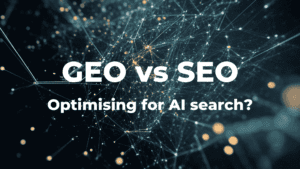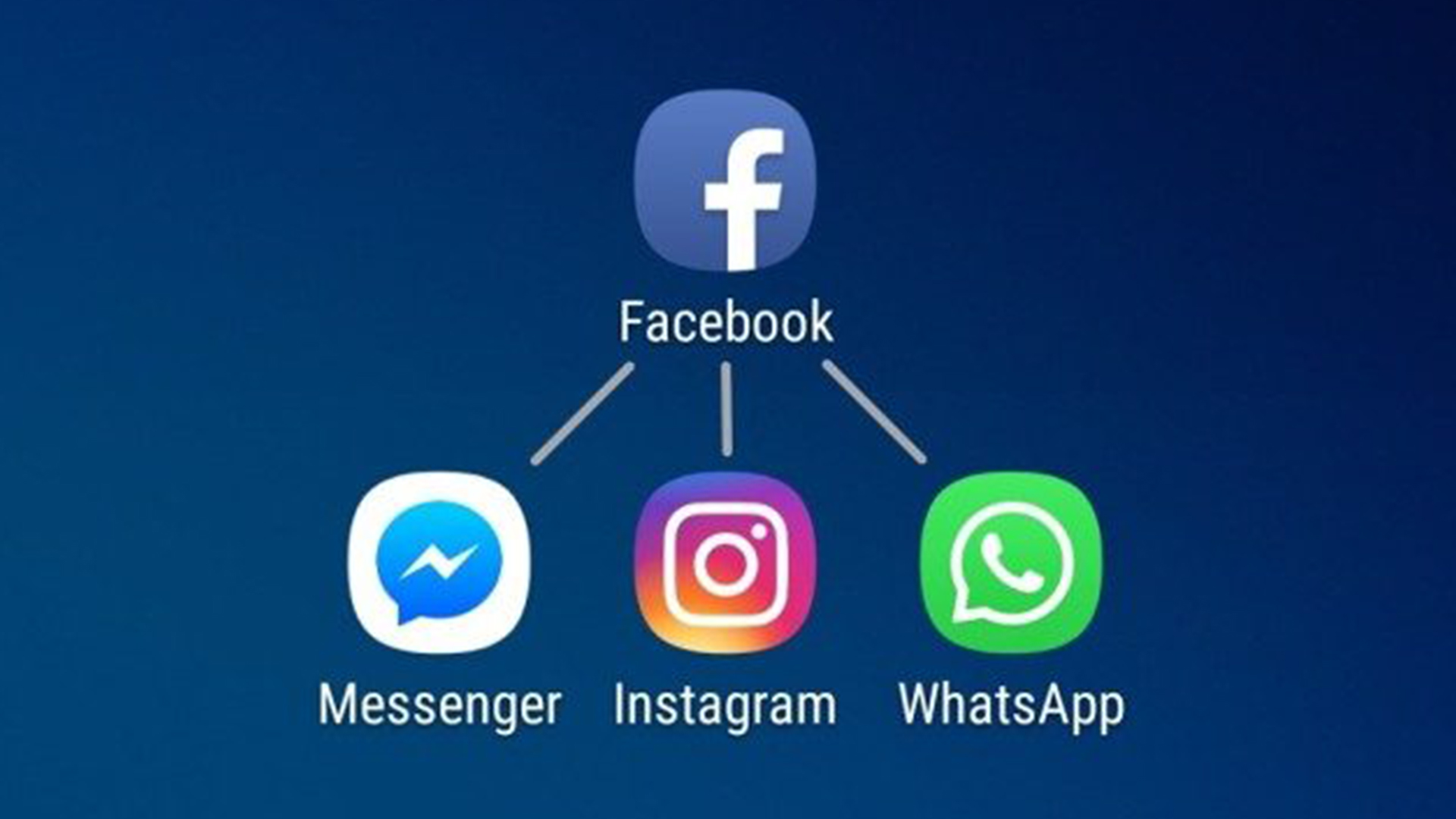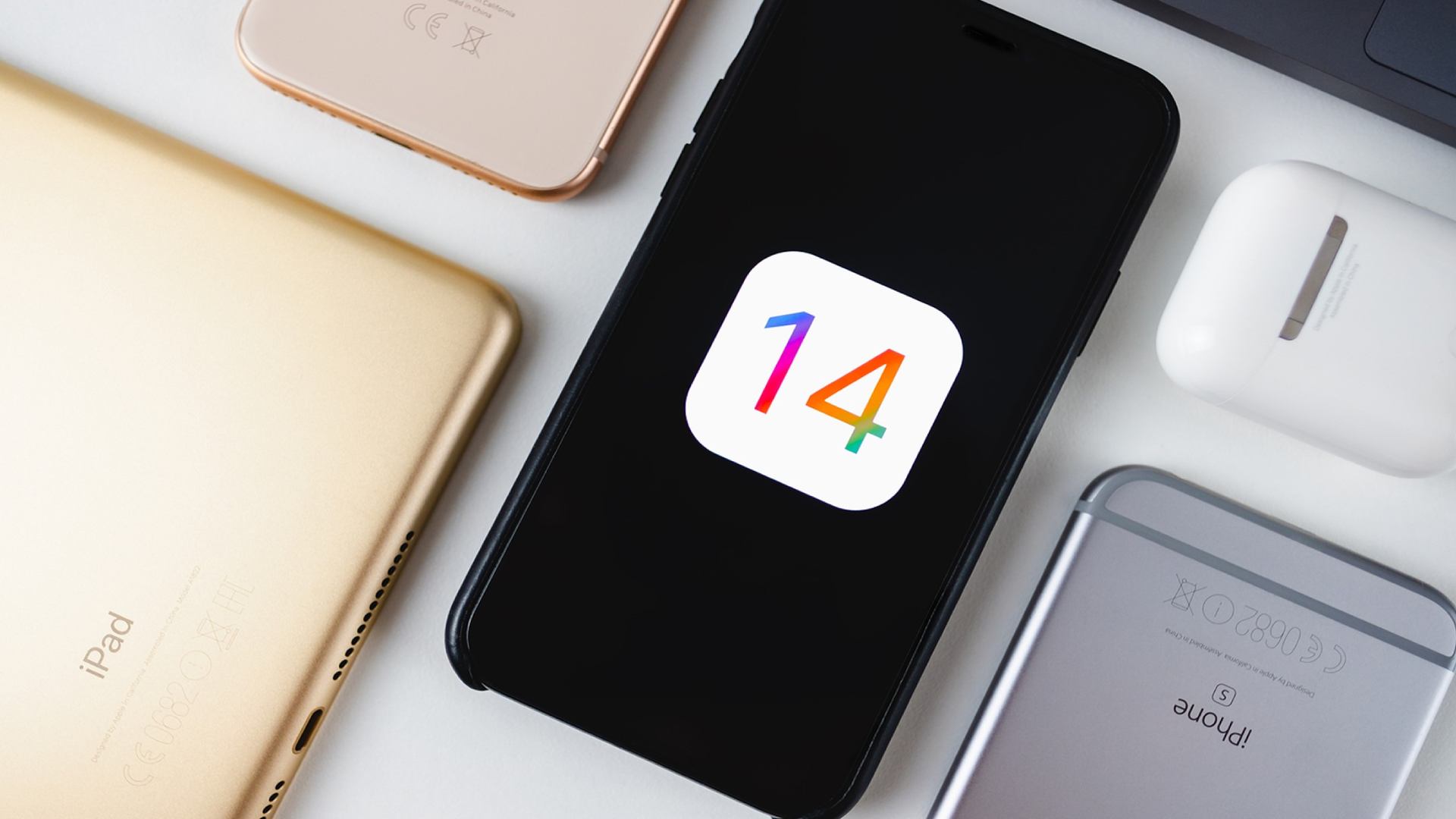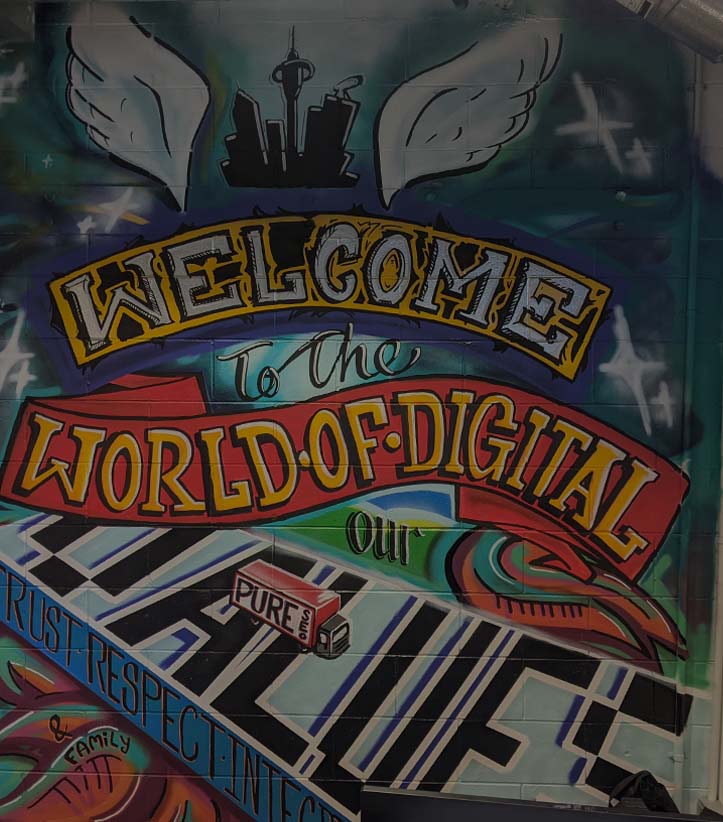
Happy New Year! Welcome back to the latest installment of our AI news series, the 2024 edition.
Last year, we debated whether the pace of noteworthy AI developments would slow over the holiday season. They most certainly did not! The previous few weeks have seen a multitude of pioneering developments grow within the AI space—from groundbreaking advancements in AI video generation to transformative applications in art and audio.
The field has witnessed a surge in innovation, and technologies like ByteDance’s Magic Video V2 and Google’s Lumière are incredible examples of AI’s enhancing capabilities, showcasing some of the possibilities of what AI can achieve.
In this overview, we explore these significant advancements, offering insights into the current state and future potential of AI.
Estimated reading time: 4 minutes
AI Developments in Art and Audio: Redefining Creative Boundaries
Recent developments within the art and audio space include AI innovations by Nightshade and 11 Lab. Nightshade is revolutionising how digital artistry is protected and interacted with for AI art. Meanwhile, 11 Labs’ dubbing studio is advancing the possibilities of audio processing technology.
The above showcases AI’s growing influence in creative arenas. Nonetheless, recent developments regarding the unsettling potential of AI-generated deepfakes and their role in disseminating misinformation are alarming.
The controversy around the fake Joe Biden AI audio clip highlights the ethical and technological intricacies inherent in this field, underscoring the importance of ongoing discussions about its ethical use.
Magic Video V2 by ByteDance and Google’s Lumière: Advancing Video Generation
Recent advancements in AI video generation have been spearheaded by ByteDance’s Magic Video V2 and Google’s Lumière.
With its enhanced text-to-video model, Magic Video V2 sets new standards for accuracy, vividness, and aesthetics in video renderings from text descriptions.
Meanwhile, Google’s Lumière impresses with its ability to perform realistic text-to-video and image-to-video conversions.
Marvellous tools such as these reshape the landscape of AI-generated content, offering new creative possibilities while setting the stage for future innovations.
Unity’s Text-To-Animated-Character Tool and ActAnywhere by Stanford and Adobe: Innovating Animation
The animation sector is also experiencing a wave of innovation thanks to AI. Unity’s Muse lab. The company introduced a Text-To-Animated-Character tool that allows for the generation of detailed human animations from text prompts, changing the game for animators and content creators.
ActAnywhere is another incredible video tool to keep an eye on. Created as a collaborative effort from Stanford and Adobe, ActAnywhere showcases the ability to integrate moving subjects into different backgrounds seamlessly.
This technology enhances the realism of digital environments, opening up new creative avenues in various fields, from filmmaking to virtual reality applications.
AI is becoming an indispensable part of our daily digital experience; this is very clear when looking at recent AI updates from Google Chrome. New features like AI-powered tab organisation and custom themes enhance user experience and exemplify AI’s practical utility in everyday tasks.
Concurrently, OpenAI’s updates (e.g., more accessible pricing for GPT 3.5 turbo and the enhanced GPT 4 Turbo) signify major steps in making sophisticated AI models more user-friendly and efficient. These advancements highlight a growing trend of AI integration into our routine digital interactions, making it a more seamless and integral part of our daily lives.
Google’s Collaborations and AI Strategy: A Strategic Approach to AI Development
Google’s recent collaborations and strategic moves in AI development have been noteworthy. Mirroring strategies seen in companies like Microsoft and Meta, Google’s approach indicates a keen awareness of the importance of partnerships in driving AI innovation.
These collaborations bolster Google’s position in the AI landscape and reflect a broader industry trend towards cooperative development and application of AI technologies.
Such strategic alliances will continue to prove crucial in shaping the future of AI and ensuring that its development is both dynamic and inclusive.
Final Thoughts
And thus, we wrap up our first foray into 2024’s AI advancements! While the year has just begun, it’s clear that it will be just as full of marvels as the last.
With the strides made in AI video generation, art, and audio, possibilities once relegated to the world of science fiction are now possible. Likewise, the innovations from industry giants like ByteDance and Google (along with the creative applications in tools like Unity’s Muse lab and Google Chrome) are transforming our interaction with technology.
As we reignite this regular column post-summer break, it’s an absolute pleasure to welcome our readers back to a series dedicated to uncovering the fascinating world of AI.
Each week, we will continue to dive into the latest developments, dissect the intricacies of new technologies, and explore the ever-evolving landscape of artificial intelligence.
Whether you’re an AI enthusiast, a tech professional, or simply curious about the future of technology, this column is your gateway to staying informed and inspired.
Here’s to a 2024 filled with incredible AI discoveries and insightful discussions.
Related Posts

















